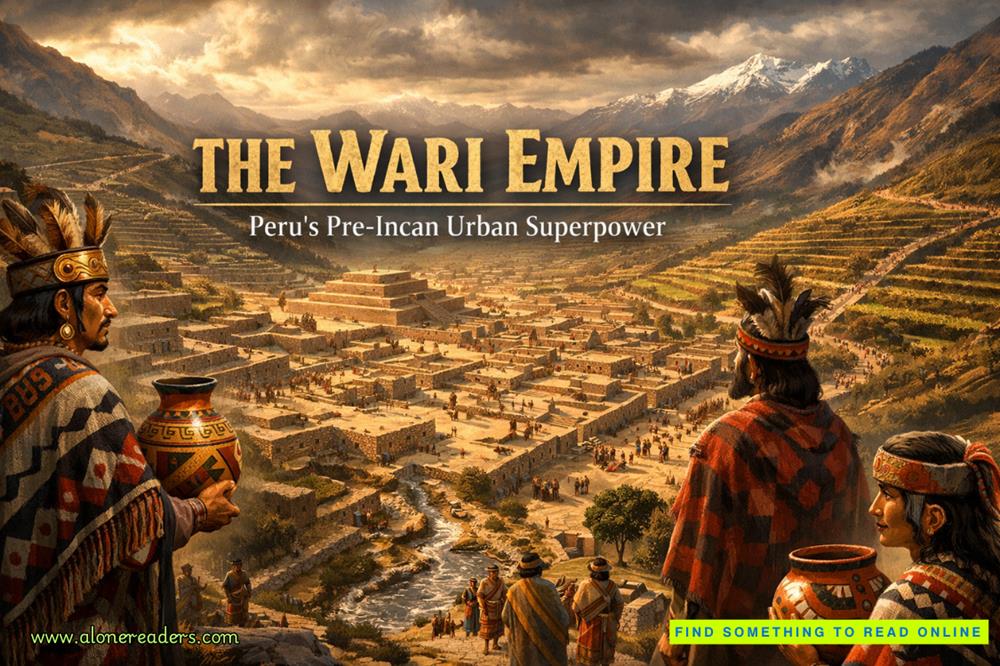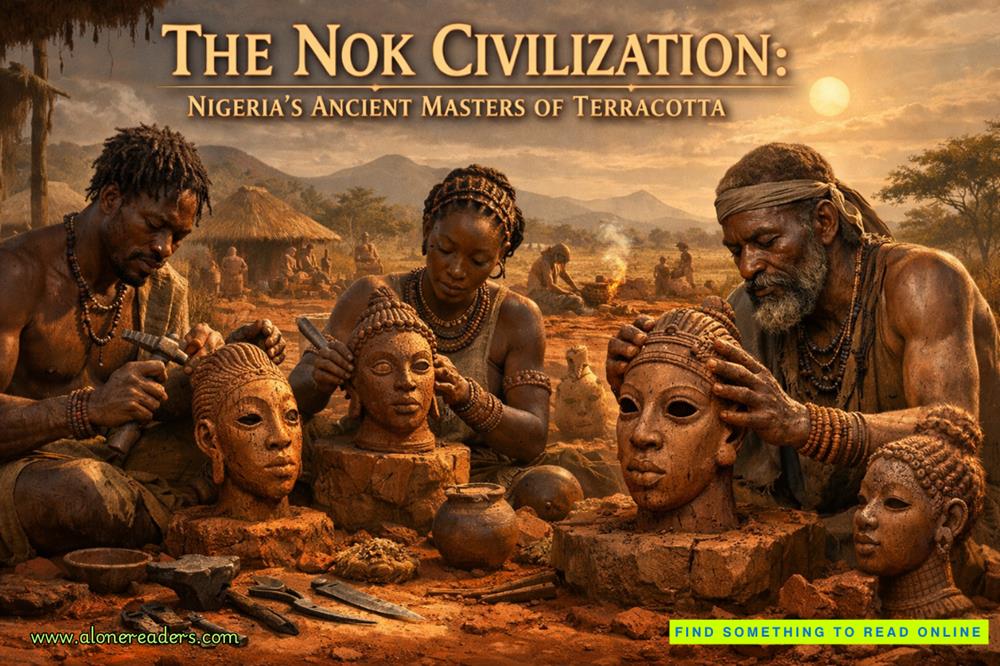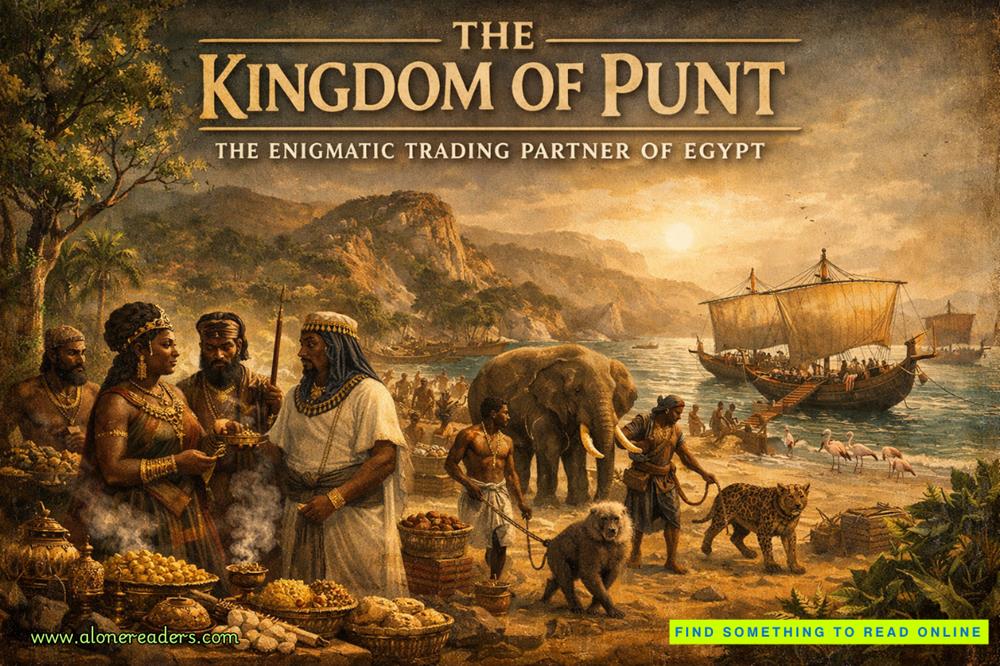Cool Breeze was one of the dietary supplements in their product line. Utilizing a “proprietary blend of naturally sourcedherbs,” it promised to soothe the consumer’s spirit and bestow an overall sense of well-being with daily use.
It was a specious claim, Nick knew. None of their products had ever been tested in a lab for efficacy. Such testing wasn’t required; the Food and Drug Administration didn’t regulate nutritional supplements as they did prescription drugs. Companies such as Nick’s operated in a nebulous world of outrageous claims, slick advertising, and mysterious “proprietary” blends. Anyone could manufacture some pills, toss them in a bottle, and start selling them online, and that happened more often than most people realized.
But Nick held a doctorate in chemistry from Emory University and had worked as a researcher for a major pharmaceuticals firm for almost a decade. He knew what he was doing; his formulationsshouldhave worked, at least to a degree, based on current science. But there was a chasm, a huge one, between the promises and the actual product. There had to be. The competitive nature of the industry demanded it.
There was too much damned money to be made to risk telling the truth.
Consumers wanted to believe in a magic pill to help them shed pounds. They wanted a powder to help them “get ripped,” clamored for products to improve their mental focus, and wished for a natural solution to erectile dysfunction. Nick gave people what they wanted, and if the science wasn’t a hundred percent legit, it wasmostlythere, and the placebo effect would fill in the rest.
That was what he told himself. That was how he slept well at night.
What did occasionally wake him in the wee hours of the morning was the possibility that, one day, he would be riding to an unknown destination with a man like Shango beside him.
3
Nick had been fearful that they were traveling to an abandoned warehouse, a remote field, a desolate edge of the Chattahoochee River—all the clichéd places that, in the movies, gangsters such as Shango employed to execute victims and dump the dead bodies.
But they drove only to their company’s headquarters in South Atlanta. They rented office space in a corporate park less than five miles away from Hartsfield-Jackson Atlanta International Airport.
“You could have set a meeting with us here at the office,” Nick said. “You didn’t need to pick us up.”
Shango only smiled. It wasn’t a pleasant expression, and Nick had a pretty good idea of the intent behind it: Shango had picked them up because he wanted them to understand that he could get to them, anywhere, whenever he wanted.
“Let’s go inside,” Shango said, and opened his door.
Legacy Nutrition operated with a lean crew, either independent contractors who came to the offices only when required, or resources provided by third-party vendors. Customer service reps in the Philippines attended to their toll-free customer service number around the clock, taking orders, answering emails that came in via their website, and logging the occasional complaint. Their products were manufactured in China. Product was stored in a climate-controlled facility a few miles away and distributed by a vendor that took a small cut of sales. Usually, the only personnel in the office were a couple of assistants who performed basic administrative functions, both of whom were relatives of Omar and worked flexible, part-time hours.
Omar unlocked the door to the office. Shango’s driver waited behind in the vehicle, but the woman who’d been riding shotgun came with them.
Exotically beautiful—Nick guessed she was biracial, with Asian and African American parentage—she was as tall as Nick, about five-ten. She wore black leggings and a tight-fitting orange tank top that showed off a pair of arms more muscular than Nick’s.
“Why do I feel as if I’ve seen you before?” Nick said.
“That’s how it is?” She sneered. “You’ll have to come at me better than that if you wanna get these panties off, honey.”
“That’s not what I meant.” Nick blushed. “I’m serious. I’ve seen you somewhere before.”
“If you’ve ever followed mixed martial arts, you might have seen Wanda,” Shango said. “She was a women’s heavyweight champion five years back: Wanda the Wonderful. Her specialty is Muay Thai.”
Wanda grinned at him and pantomimed an elbow strike.
“Oh,” Nick said. “That would explain why I recognized you. I casually follow MMA.”
Omar led them to the conference room off the main carpeted corridor, and switched on the overhead lighting. The room was furnished with only the basics: a long conference table, plasticswivel chairs, a small side table that held a conference telephone, and a vase of silk carnations.
Shango took the seat at the head of the table and beckoned for them to sit around him. Wanda stood on the other side of the room and watched them with a serpent’s slitted gaze.
“I see business is going well,” Shango said. He swept his arm around them. “You’ve got modest digs here, but that’s cool. Outside of here, though, both of you brothers have been ballin’.” Grinning like a shark, Shango glanced at Omar. “You bought that crib in Sandy Springs for one point three, from what I read.”
“It didn’t cost that much,” Omar said.
“Yes.” Shango raised his finger. “One point three mill. Seven cars, too. One for each day of the week, am I right? Are we big pimpin’ now, brother?”
“Damn, Omar,” Nick said. “Sevencars?”
“So?” Omar glared at him. “I work hard; we both do. We deserve to reap the rewards.”
“I agree,” Shango said. “Wedeserve to reap the rewards.” He shifted to Nick. “Now you. Nine hundred large for the swanky pad in Buckhead. You don’t have seven cars, but you’ve got three: a Bentley, a Ferrari, a Range Rover. And let’s not forget, a brand-new Honda Pilot for your moms.”















